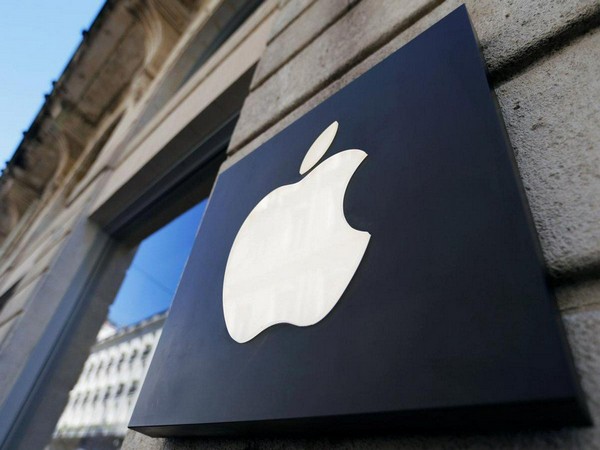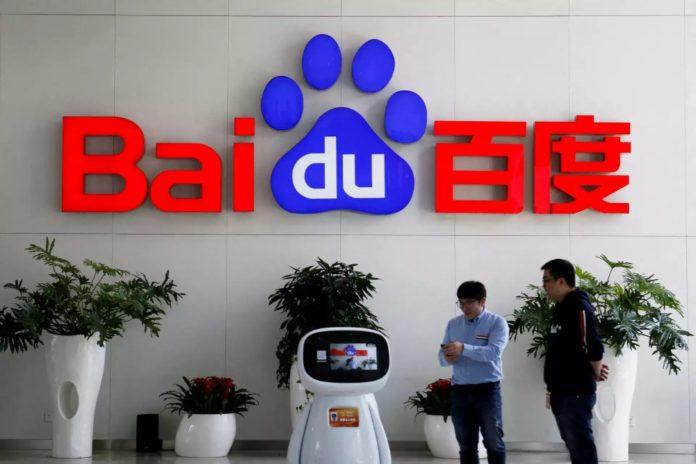Chinese tech giant Baidu has recently filed a lawsuit against Apple over the presence of fake Ernie AI apps on the App Store. Baidu, which is often referred to as the “Google of China,” is one of the largest internet companies in the world, and its search engine is the most widely used in China. The lawsuit marks the latest chapter in the ongoing legal battles between Chinese tech companies and their American counterparts.
Ernie apps cause a ruckus
The fake Ernie AI apps in question were designed to mimic Baidu’s popular AI chatbot, which uses natural language processing and machine learning to provide personalized recommendations to users. According to Baidu’s complaint, the fake apps were created by third-party developers and contained malicious code that could steal user data or engage in other nefarious activities.

Baidu claims that it repeatedly notified Apple about the presence of the fake apps on the App Store, but that Apple failed to take action to remove them. The lawsuit alleges that Apple “knowingly and/or recklessly allowed these fake apps to be listed on the App Store,” and that this resulted in “irreparable harm” to Baidu’s reputation and business interests.
This is not the first time that Chinese tech companies have clashed with Apple over App Store policies. In recent years, companies like Tencent and Alibaba have criticized Apple for taking a 30% cut of in-app purchases, and have even launched their own app stores in an attempt to circumvent Apple’s dominance in the Chinese market.
Is it about a shared marketplace?
The legal dispute between Baidu and Apple highlights the growing tension between American and Chinese tech companies, as both sides jockey for position in the global marketplace. Chinese tech firms like Baidu, Tencent, and Alibaba have made significant gains in recent years, as they have leveraged their large user bases and advanced technologies to compete with established players like Apple and Google.

At the same time, the Chinese government has become increasingly protective of its domestic tech industry, as it seeks to promote homegrown innovation and reduce its reliance on foreign technology. This has led to a number of regulatory challenges for foreign companies operating in China, including Apple, which has faced criticism for complying with Chinese censorship laws and for storing user data on servers located within China’s borders.
Just a teaser for now
The lawsuit filed by Baidu against Apple is just the latest example of these tensions, and it is likely to have significant implications for both companies going forward. For Baidu, the lawsuit represents a significant effort to protect its intellectual property and prevent the spread of fake apps that could harm its reputation. For Apple, the lawsuit highlights the challenges of doing business in China, where regulatory and legal hurdles can be difficult to navigate.
The legal dispute between Baidu and Apple underscores the complex and often fraught relationship between American and Chinese tech companies. As both sides continue to compete for dominance in the global marketplace, it is likely that we will see more disputes like this in the years to come. For consumers, these conflicts could have significant implications for the products and services they rely on every day, as companies seek to protect their intellectual property and expand their market share around the world.












































